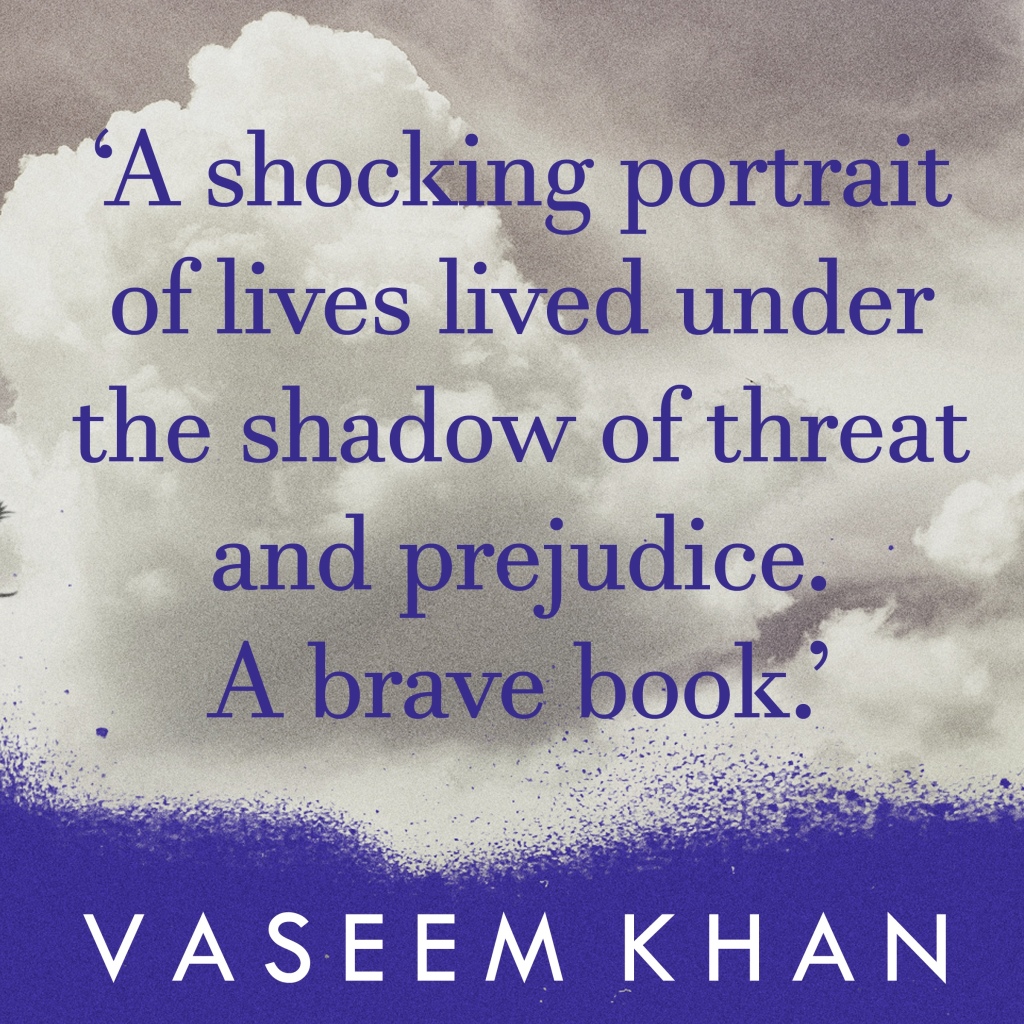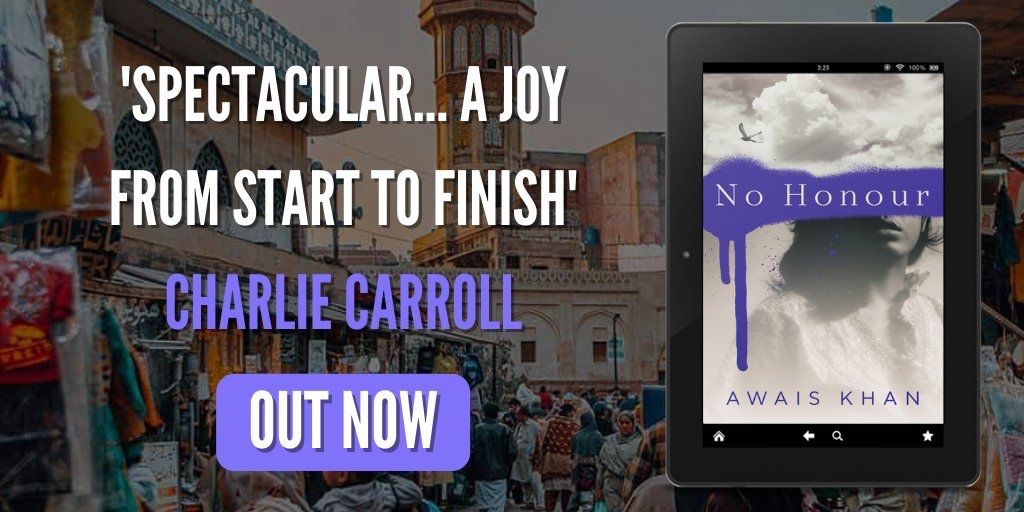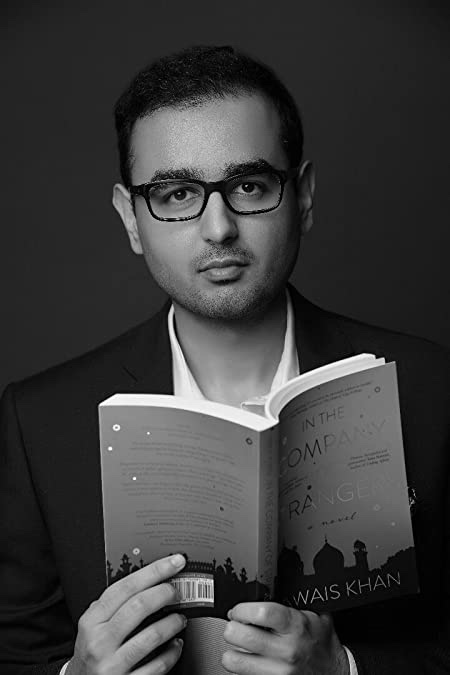
Last year I was profoundly affected by the ITV series Honour. It was a dramatisation of the murder of a young Kurdish woman, carried out by the male members of her family and ordered by her father. Bahnaz Mahmod reported her fears to the police on five separate occasions, pleading with them to help her as she believed her family would kill her. Instead of fully investigating, she was dismissed as hysterical and over over-reacting. So instead of having their protection, she was raped and murdered by distant cousins who fled back to Iraq straight afterwards. Their reasoning was that she had besmirched the honour of her family, after divorcing her arranged husband and falling in love with another man. Real life police officer DI Caroline Goode was assigned the case and this was the story of her dogged determination to hunt down those responsible. I found myself moved, but also disturbed by the case. Days later I was still thinking about it, desperately trying to understand why her actions were so offensive to her family, but the men’s actions of raping and killing their own family member were not. I simply couldn’t get into the mindset of these men, and while on one hand I could see the point of view that it is simply murder, I wanted to understand more about what made Bahnaz Mahmod’s actions condemn her to death, and how such a dishonourable act on the men’s part could be seen to restore the family honour.
So, when I had the chance to read Khan’s book I started to read more about honour killing and it’s place in the culture of Pakistan. Pakistan is a collective, patriarchal society and family groups are policed by the male members of a family, a village or area. A woman’s honour is dependent on their modesty and a man’s honour is dependent on his masculinity. So, if a young woman refuses an arranged marriage or commits adultery she has behaved immodestly and has lost her honour. Her male family members are responsible for her and if they do nothing, their masculinity is in question and their honour is lost. So, by killing the immodest woman in their midst, they are seen to assert their masculinity and regain their honour. I was very shocked to read that at least a fifth of the world’s honour killings are carried out in Pakistan, bringing their figure to just over 1000 per year. However, this is often a rural practice and has widespread support in Pakistan, so killings are not always reported and the figures may well underrepresent the problem. Awais Khan takes these figures and ideas, and weaves the tale of a bright and ambitious sixteen year old village girl, with incredible insight and compassion.

The opening scene is a brutal look at the reality of rural village ‘justice’. A young woman is dragged to the river after giving birth to an illegitimate child. The pir, who is a village elder, lists the girl’s crimes against her family and demands that the villagers carry out her punishment. I was shocked at the punishment, especially that it extends to her baby who is drowned in a bucket of milk. Make no mistake, this is hard hitting and it needs to be, for readers to understand the reality of what is still happening in Pakistan and around the world. In the wake of this horror, is a feisty young woman called Abida and despite the horrific example in front of her, she’s headstrong and believes it would never happen to her. She can already see the unfairness of the society she’s been born into – a patriarchal system where her entire life is mapped out before her and she doesn’t have any agency. She will have a husband chosen for her, he will then decide where they live, how they live and the children they’ll have. The problem is Abida has already fallen in love. Her father Jamil has already worked this out and is desperately worried for his daughter. He’s noticed she sneaks out after everyone has retired for the night, he hasn’t followed her, but does listen for her return. He knows it’s likely she’s meeting a boy and he hopes that he’s wrong, but he has a terrible feeling the worst has already happened. What will he do if the pir comes for his daughter?
I don’t want to ruin the plot, so will keep details to a minimum, but although Abida escapes her home village she doesn’t have the happy ending she expects. In an interview with Eastern Eye, Khan explains that he chose fiction to shed light on the subject of honour killing, because it ‘allows for more creative freedom, and for more heightened emotions.’ This was true for me as I fell in love with Abida’s spirit and the hope she has for her life. Amazingly, that hope follows her to Lahore and through her whole experience. She keeps thinking that beyond the situation she’s in, she will survive. The relationship between Abida and her father was so familiar to me from my own Dad. Whatever I’ve gone through in life he’s been there and I have no doubt that he’d search for me in the way Jamil does. It’s the only pure love in the whole novel, unchanged by circumstance and completely unconditional. I found it very moving and for me he’s the most honourable man in the story. He’s decided that his own moral code is dependent on how he treats his children, rather than being dependent on the opinion of the men in his village. Although this doesn’t mean Abida will be safe. In his publicity for the book, Khan has mentioned the social media celebrity Qandeel Baloch. After appearing on Pakistan Idol, she created many video clips addressing controversial topics and women’s rights. In 2016, she was drugged and strangled by her brother Wazeem Aseem who felt she was disrespecting her family. If someone as high profile as Qandeel could be killed this way, what chance does a girl have if she’s from a conservative village, mired in poverty with income and status dependent on maintaining the honour system?

I found the book shocking and I think it will probably stay with me for a while. I’m considering looking for charities to support that help women in these dreadful situations. Khan’s writing pulls no punches, but it’s also incredibly compassionate. I loved some of the more complex female characters such as the servant Salma who has kept Abida locked up, but then helps Jamil. Rana Hameed’s first wife Nigaar is fascinating, she’s broken down physically and mentally, but desperate for a new wife with the will to destroy him, even if she has to die in the process. The complicity of women is needed to keep the status quo, whether they turn a blind eye through fear or because they’ve been beaten into thinking this is the norm and it won’t ever change. I’m glad I read this, to raise my awareness and help me grasp the cultural and historical background in Pakistan. It might also inspire people to be aware of this crime globally, because it isn’t restricted to Pakistan. I hope many more people read Abida’s story and that Khan achieves his aim of showing people ‘love is never a crime’. If he achieves that the whole world will be a better place.
You can read Awais Khan’s interview with Eastern Eye at:
https://www.easterneye.biz/hope-in-the-face-of-honour-killings/

Meet The Author

Awais Khan was born in Lahore, Pakistan. ‘In the Company of Strangers’ is his first novel published by Simon & Schuster and Isis Audio. His second novel ‘No Honour’ is published by Orenda Books and Isis Audio. He is a graduate of The University of Western Ontario and Durham University. He studied Creative Writing at Faber Academy. His work has appeared in The Aleph Review, The Missing Slate, MODE, Daily Times and The News International. He has appeared for Interviews on BBC World Service, Dubai Eye, Voice of America, Cambridge Radio, Samaa TV, City42, Maverix Media and PTV Home. He is represented by Annette Crossland (A for Authors Agency Ltd, London).
In his free time, he likes to read all types of fiction, especially historical fiction and psychological thrillers. He is hard at work on his forthcoming novels.

Thanks so much for the blog tour support xx
LikeLiked by 1 person
You’re welcome Anne xx
LikeLike